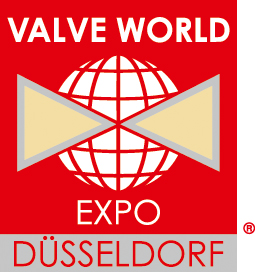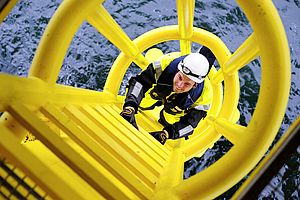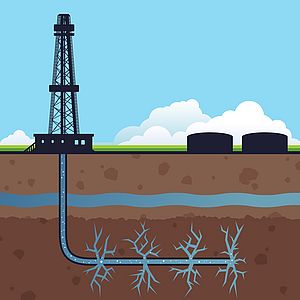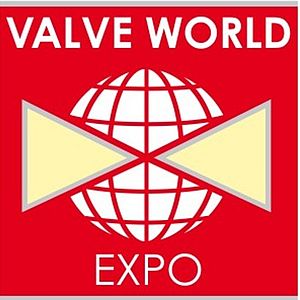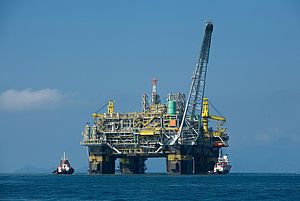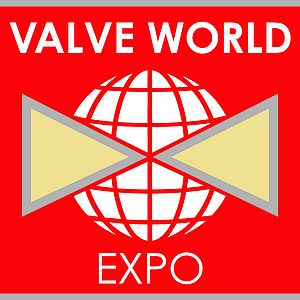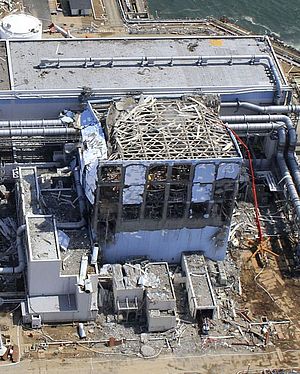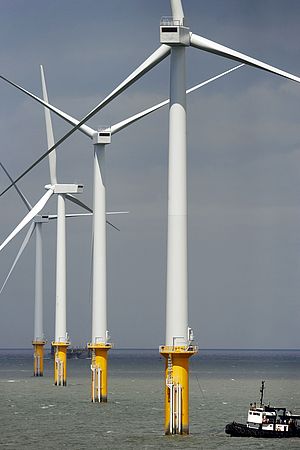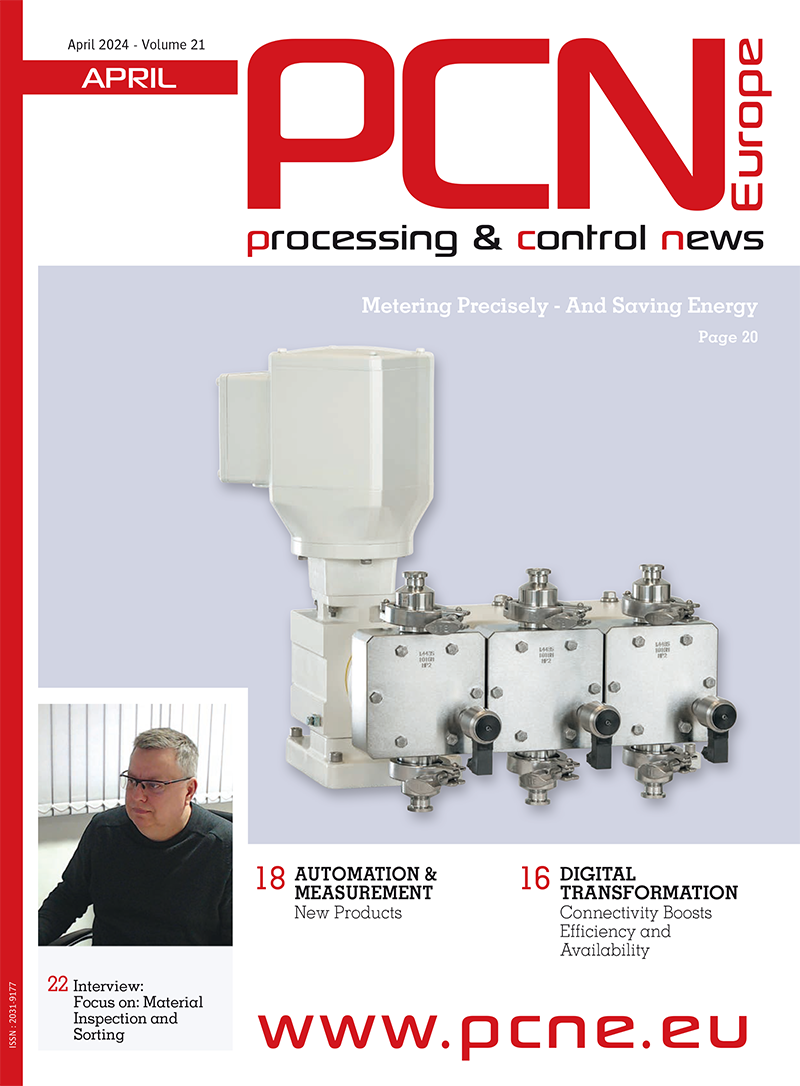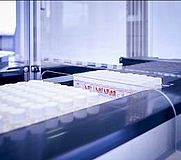Emerging markets are coming into the chemical industry’s spotlight. Valve makers nonetheless are still posed with great challenges: Companies need to maintain a high quality level whilst keeping both man and the environment safe.
Is the chemistry still working? At the given moment, it is – even if Germany‘s chemical industry had to cope with a slight damper in the middle of this year. For valve makers, the chemical sector is an extremely important customer.
The international chemical industry belongs to the sectors which react sensitively to a weakening economy and was therefore hit hard by the 2008/2009 recession. German chemical companies naturally also suffered. In the first six months of 2009, production dropped 15,5 per cent compared to the same period one year ago, bringing the production volume down to the level of 2003. Capacity utilization was at a mere 72 per cent, short-time work and downtimes were the rule, not the exception. Some valve makers received fewer orders, whereas others at least had orders for maintenance work. Downtimes at least offered plant operators a good occasion for repairs and exchanging valves.
Like a phoenix from the ash
After the recession, sales in the chemical industry quickly rose again – the sector arose like a phoenix from the ash. Plants were running at full capacity again. Yet the EU debt crisis is now making itself felt in the chemical industry. In the second quarter, production sank drastically compared to one quarter before. „For the time being, we will have to postpone our hopes for a stable upswing in chemical business“, declared Dr. Klaus Engel, president of German association Verband Chemischer Industrie (VCI). „Many of our customers are cutting down production and ordering fewer chemicals.“ Compared to last year, production sank by 3 per cent. Despite prices rising around 2,5 per cent, turnover in the sector will stagnate at 184 billion euro.
Nevertheless, Germany still is world champion in exports – chemicals worth 150 billion euro were shipped abroad. In international comparison, Germany ranked first place, in front of the USA, Belgium and China. A fact that also makes valve makers rather happy.
A view to the East
„ A bright spot: on the export side, the dynamic markets in South America and China made up for the falling demand from Southern Europe“, said VCI president Engel. Who wants to continue doing good business cannot merely place focus on the European market.
Valve maker AS-Schneider has been viewing towards Asia. The company secured a deal for the Sadara project in Saudi Arabia. The Dow Chemical Company and the Saudi Arabian Oil Company (Saudi Aramco) formed a joint venture in order to build and operate a large scale, fully integrated chemical complex in the Saudi Arabian industrial city Jubail. The new plant is supposed to produce three million tons of chemical products and high performance plastics for the energy, transport, infrastructure and consumer goods markets. First production facilities are to be launched by 2015, whilst the entire plant is to be completed by 2016.
AS-Schneider delivered installation hardware worth five million euro, the largest single order in company history. It is also a milestone due to other reasons: „The project offers the proper opportunity to establish the company as a maker and supplier of valves and valve blocks for measurement and control technology “, explains project coordination Björn Bofinger.
Project opens doors
According to Bofinger, „the installation hardware is a combination of valves (ball valves or gate valves), manifolds, pipeline components, seals, bolts and flush rings in every imaginable material.” AS-Schneider delivered its products pre-assembled so that it is only necessary „to hitch the hardware to the process pipe, on-site”. First deliveries were made in 2012.
The order could lead to more „big deals“. „The Sadara project will help us make a name for ourselves“, declares Anastassija Kinstler of AS-Schneider’s marketing division. „It will open a lot of doors for us.“
High-quality products are of utmost importance for projects such as the Sadara project. This is a great opportunity for valves from Western industrial states: „A lot of new makers of valves and drive engineering offer products on site, whose quality and dependability is often enough unaccounted for“, reports Tyco Flow Control. „Yet mistakes cannot be tolerated in this industrial sector, as the production of basic chemicals, such as fertiliser or plastics, often utilises corrosive, poisonous and highly hazardous liquids.“ Chemical companies in new markets therefore also need a partner they can trust, for instance from the industrialised nations of the West.
Safe plants and better environmental protection
Fine chemicals and pharmaceutics require a high degree of quality and a uniform composition. Sampling systems, states Tyco Flow Control, can help secure the quality of products through pinpoint controls. Quality is not the only criterion in the chemical sector which has to be fulfilled. Low emissions, a high degree of plant safety and environmental protection are additional criteria. Optimal pressure regulation, sampling, cutoffs and leakage detection have to be guaranteed.
This is why the sector is strictly regulated. Tyco Flow Control is not the only company making sure products adhere to and are certified for all relevant international regulations and norms. These include TA-Luft and the EPA regulations for the US market.
Materials play a major role
Component makers face great challenges. Plant safety and environmental protection have to be guaranteed during a process containing high temperatures, high pressure levels and critical fluids. Here, materials play a major role, for instance for diaphragm valves for the chemical industry. Gemü has placed a focus on coming to grips with this task. „Diaphragm valves, which are especially suited for aggressive media, can be precisely matched with different materials to the operating media“, the company explains. In addition, diaphragm valves can be made using high tech plastics such as PFA or PVDF. „This combines the media resistance of plastics with the robustness of diaphragm valves.“ Such flexibility in materials ensures the highest degree of process and plant safety and offers the optimal, customer-specific solutions.
„Customer specific solutions” is a very important phrase in the chemical industry. Valve series should be developed „in close coordination with leading chemical companies”, explains Samson. Diversity is demanded. As a main valve vendor, Samson supplies light and heavy-duty valves in modular design made of all common materials and exotic alloys according to DIN, ANSI and JIS to high-pressure valves complying with important company standards for the chemical industry. This is why „forged bodies, live-loaded packings, metal bellows, pressure-balanced plugs, heating jackets as well as corrosion-resistant, low-noise and low-wear valve trims are included” in the company’s product range.
Reducing emissions
Protecting man and environment – Leser is a company striving to fulfill that goal. The company developed its type 441 safety valve to reduce emissions. The valve is employed in plants handling phosgene, hydrogen sulphide and hydrosilicon. It is composed of a stainless steel bellows, special gaskets and additional seals with o-rings. It includes a lift indicator to monitor pressure and the operating status.
Companies developing such valves for the chemical industry will still find lucrative business opportunities – especially in emerging markets. Already three years ago 45 per cent of the worldwide chemicals turnover was made by Asian states, followed by Europe with around 25 per cent and the USA with 20 per cent. Things are continuing to develop in that direction. Asia, and especially China, is a global chemical power, and a market which can be served best locally, at least according to some companies.
More and more companies are being driven into emerging markets by the great level of potential on offer. Numerous new plants are being constructed, which often are subsidiaries of European manufacturers. Lanxess is one example. The company is currently building the world’s largest plant for synthetic EPDM rubber in Changzhou located in Jiangsu province. It is set to commence operations in 2015. The German specialty chemicals corporation is investing 235 million euro, to date the largest investment Lanxess has made in the Middle Kingdom.
European Corporations settling down in China
Lanxess is also investing in Newcastle, South Africa. The corporation is constructing a plant for the production of sodium dichromate, which requires a continuous supply of highly concentrated CO2.
Dow Chemical Company has set its sights on Saudi Arabia. A new factory being built in Jubail Industrial City will produce a broad range of coating materials for both Saudi Arabia and worldwide export. The corporation’s declared goal is to be closer to regional customers in a key market.
AkzoNobel is planning a new dicumyl peroxide (DCP) plant in Ningbo, China, in order to meet rising regional and worldwide demand. The plant is supposed to increase production capacity for DCP by 30 per cent to 25.000 tonnes. DCP is used as a cross linking agent for various polymers and copolymers. AkzoNobel states the plant will be finished by 2014.
Securing head offices
Chemicals giant BASF is also strengthening its presence in China. The corporation and China Petroleum & Chemical Corporation (Sinopec) are assessing construction of an isononanol plant in the city of Maoming.
New plants and factories are being built worldwide in important markets like China. Yet the trend is going even further. Some companies are relocated entire business areas. Bayer moved its plastics business for polycarbonate production to Shanghai. The head office for general medicine was also moved to China, to Peking. In turn, BASF relocated its pigments and dispersion unit to Hong Kong.
These are all signs that the relocation of single business units is increasing, in order to create proximity to China, the market with the highest growth. European head offices are at least set to profit from the trend of creating subsidiaries in emerging markets. Good business in the Far East helps maintain them. After all, the know-how employed in emerging markets stems from R&D performed in the home markets.


